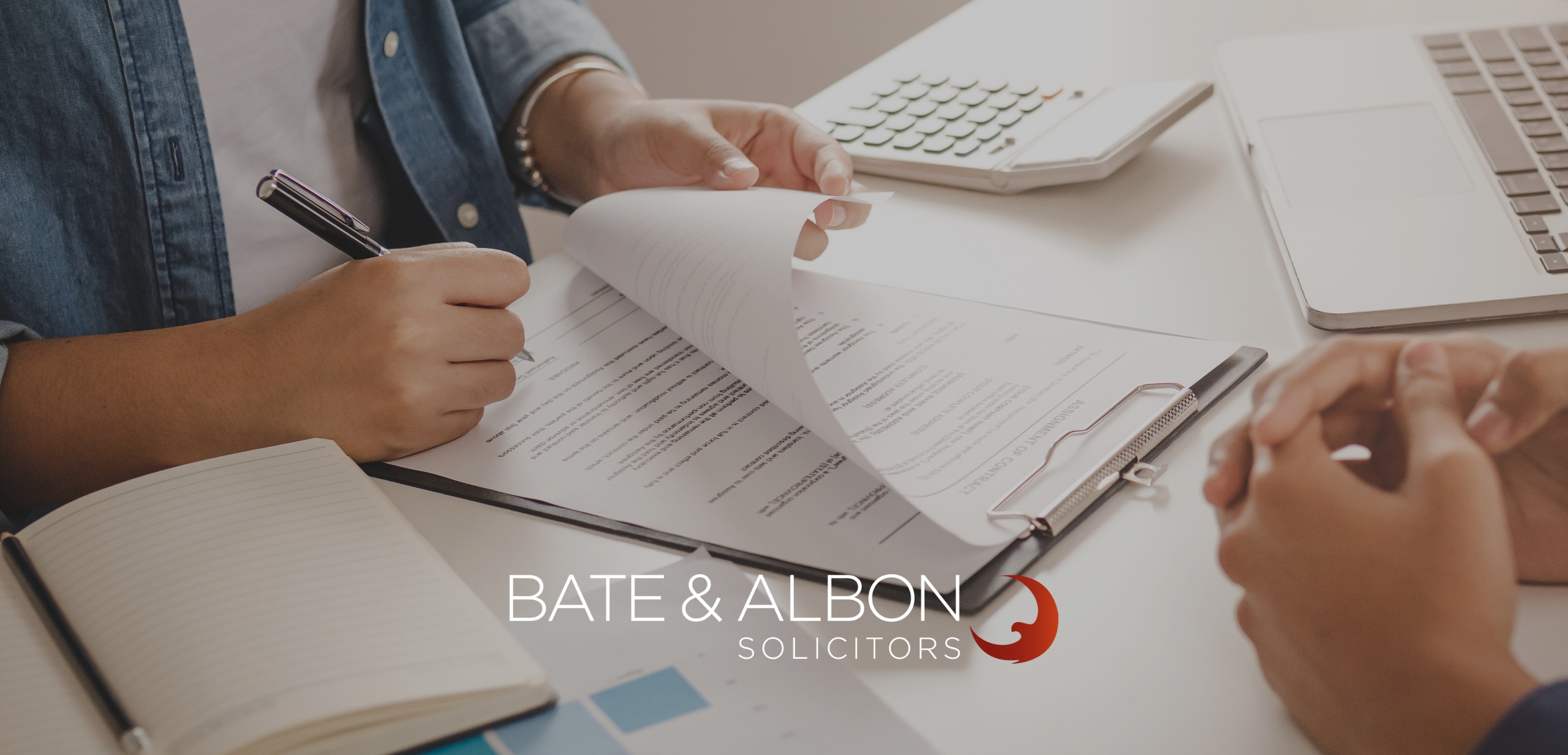Legislation doesn’t always go to plan. This has become painfully clear to leaseholders who extended their lease at any time since 14th February 2022.
The issue? Those leaseholders will have lost the protections given to them by the Building Safety Act 2022. It’s a complex tale of law, politics, and unintended consequences – and it really matters. Today, I’m going to unpack it. Hopefully, this will help bring clarity to those affected.
What’s the Building Safety Act 2022?
Let’s start at the beginning. The Building Safety Act 2022 was one part of the political response to the tragedy of the Grenfell Tower fire in 2017.
Those terrible events prompted fears around the fire safety of cladding in high-rise buildings. In turn, this raised a question – if cladding is unsafe, who is responsible for fixing it? The Building Safety Act 2022 is an attempt to settle the question in favour of leaseholders.
Fire safety measures, such as upgrades to cladding, can be highly expensive. The fear was that freeholders would pass those costs onto leaseholders. The Building Safety Act puts restrictions on when they can do that.
How does the Building Safety Act 2022 protect leaseholders?
In short, a protected leaseholder cannot be invoiced by the freeholder for the costs of replacing unsafe cladding systems.
There are also protections against sudden increases in service charges to pay for non-cladding defects. These are capped and spread over the course of 10 years, to assist with affordability and reduce the financial shock of large service charge invoices.
This offers real reassurance to leaseholders if they qualify. But the key phrase there is “if they qualify”. Only certain leases qualify for the protections of the Act.
There are various criteria that must be met for a lease to qualify. The criteria we’re looking at focuses on a particular date. To qualify, a lease must have existed before 14th February 2022. That’s the measure that’s causing a whole series of unintended problems.
You can find a comprehensive list of the protections under the Act here. But I want to focus on that key date of 14th February 2022. The problem is that those protections won’t apply to any lease extended from that date onwards – even if it meets all the other criteria.
Why are lease extensions not protected by the Building Safety Act 2022?
Technically, a lease extension counts as a new lease. While leaseholders naturally see it as an extension of an existing contract, the law counts it as a new contract altogether. So, if you extended on or after 14th February 2022, you “surrendered” the lease that applied before and started a new one.
Since the Act only protects leases that existed before 14th February 2022, extensions from that date on will fall through the gap. It may seem like a small technicality, but it has serious repercussions. And the drafting of the Building Safety Act didn’t take it into account.
This wasn’t the intention behind the Government’s policy, or of the lawyers who drafted the Act. The good news is that the Government intends to resolve this through more legislation. However, when this will arrive is anyone’s guess. In the meantime, we’ll have to make do with an imperfect law.
What does this issue affect?
The issue affects:
- Anyone who has extended the lease of their property since the key date of 14 February 2022.
- Anyone currently extending their lease, who has already served a formal notice. This would mean they have taken on responsibility for their own legal and valuation costs, as well as those of the freeholder. This will likely mean they are already committed to the tune of several thousand pounds.
- Anyone needing to extend their lease to remove an onerous ground rent, such as RPI ground rents or doubling ground rents, in order to sell their property.
- Anyone who needs to remortgage and is being required to extend a short lease term as a condition of that process.
I’m extending my lease – what do I do next?
This problem is already causing headaches for many with short leases or troublesome ground rent clauses. There’s no one-size-fits-all answer, but there are some steps you can take if you’re in the process:
- The leaseholder can make enquiries to establish whether their property is within a building that qualified for protection under the Building Safety Act 2022 in the first place. For example, a flat within a three-story building did not benefit from the Act in any case, so nothing has been lost.
- The leaseholder can make enquiries to the managing agents and freeholder to establish whether there are any relevant defects that would have been caught by the Building Safety Act 2022.
- As part of the lease extension process, the lawyers acting for the leaseholder can request the inclusion of covenants within the new lease which mirror the (lost) rights set out in the Building Safety Act 2022. Some landlords will agree to this, and some will not.
Should I wait to extend my lease?
One option is simply to wait. We know that the Government intends to fix this problem through legislation. If you need to extend, should you simply wait until the law is fixed? This is a personal question, and as each situation is unique, the answer will vary.
This imperfect legislation is not the only issue to contend with. Flat owners also face mortgage interest rate volatility.
Waiting has historically meant that the cost of the lease extension increases as property prices go up and as the lease term shortens. However, if we have learned anything in the past few years, it’s that we cannot predict the future based upon what has happened in the past.
The decision is complicated. Ultimately, you need to consider all the factors relevant to you. These include how urgently you need to sell, the benefits of law reforms, the risks of waiting, and the risks of abandoning a lease extension part way through with all the costs this will bring. And that takes me to my final point …
Why advice is essential
Extending leases was already a complex area of law, and this drafting oversight has made it even more so. It’s also costly, and the stakes are high. This is not just your most valuable asset we’re talking about – it’s also your home.
Given all of that, there’s no substitute for quality legal advice. If you’re affected by the issue and want to learn more, we’d be very happy to help.
Our Landlord and Tenant team has years of collective experience of complex lease extensions, covering just about every possible scenario. As head of the department, I’ve advised on this area of law for over eight years. The point is this: if you’d like friendly, expert assistance, we can provide it.
Just get in touch if you’d like to learn more.

- Post author
Ricky Coleman
Ricky has been advising on landlord and tenant issues for nine years, and now heads up the Landlord and Tenant team at Bate & Albon Solicitors. He has been advised on numerous complex, high value and technical leasehold disputes for properties in Brighton and London.

